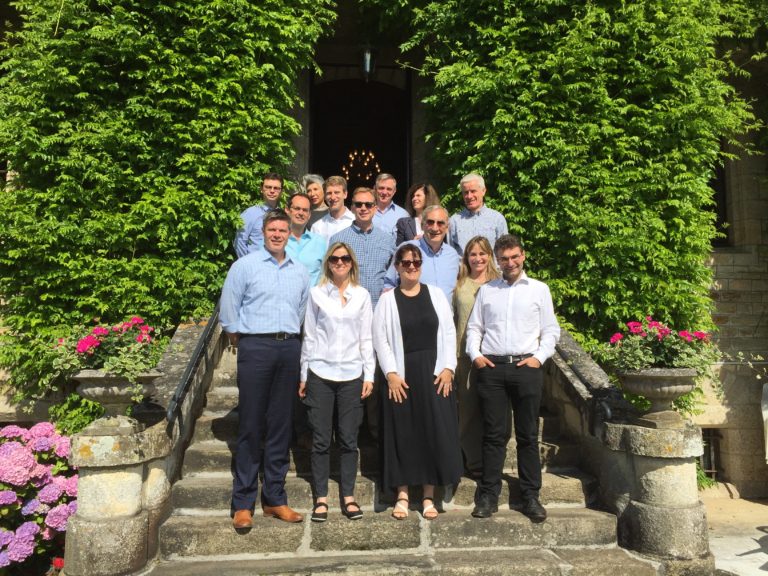The Role of the Corporation in Sustainability Transitions
By many measures, the state of the planet is dire. The urgency of the situation calls for rapid change at large scale, that is, true sustainability transitions in entire industries or across multiple industry segments. How can society induce such large-scale sustainability transitions? And what exactly is the role of corporations in sustainability transitions?
In 2016, a small workshop of Alliance for Research on Corporate Sustainability (ARCS) leaders gathered, with the generous support of the Borchard Foundation, to do a deep dive into sustainability transitions. For three days the group engaged in intensive discussions at the Chateau de la Bretesche in Normandy, France. The topic is difficult to study using traditional social science methods since the number of cases of successful sustainability transitions is small, and the challenges of assembling adequate micro-data to assess the role of corporations in each transition are large. The goal of the workshop was more modest: to identify through examples the mechanisms by which firms may be able to lead, or at least participate constructively in, systemic change.
The workshop produced two key outputs.
The first was an article in California Management Review co-authored by all 13 participants in the workshop and entitled “CSR Needs CPR: Corporate Sustainability and Politics,” which was selected as the Best Article in CMR in 2019. It argues that corporations are such powerful political actors that evaluations of their sustainability efforts must include not just traditional measures of Corporate Social Responsibility but also new measures of Corporate Political Responsibility that make transparent the role of companies in aiding or blockading sustainability progress. The Review produced a short video summarizing the paper that can be found here.
The second was a Special Issue of Organization and Environment on “The Role of the Corporation in Sustainability Transitions.” The four case studies in this Special Issue explore what is meant by corporate leadership and sustainability transitions in practice. The contexts range from fishing to finance, and from California to France. The first two articles examine the role of the corporation in potentially non-governmental solutions to sustainability problems: eco-labels and socially responsible investing. The third is about corporate actions within the broader context of the dynamics of change, with a strong emphasis on the role of political processes. The fourth focuses on the role of public discourse in creating the context for a transition, and examines in particular the role of CEOs in shaping public discourse.
The success of the small workshop format encouraged ARCS to create an ongoing Focused Workshop program.

A small workshop of Alliance for Research on Corporate Sustainability (ARCS) leaders gathered, with the generous support of the Borchard Foundation.

Chateau de la Bretesche, Normandy, France
